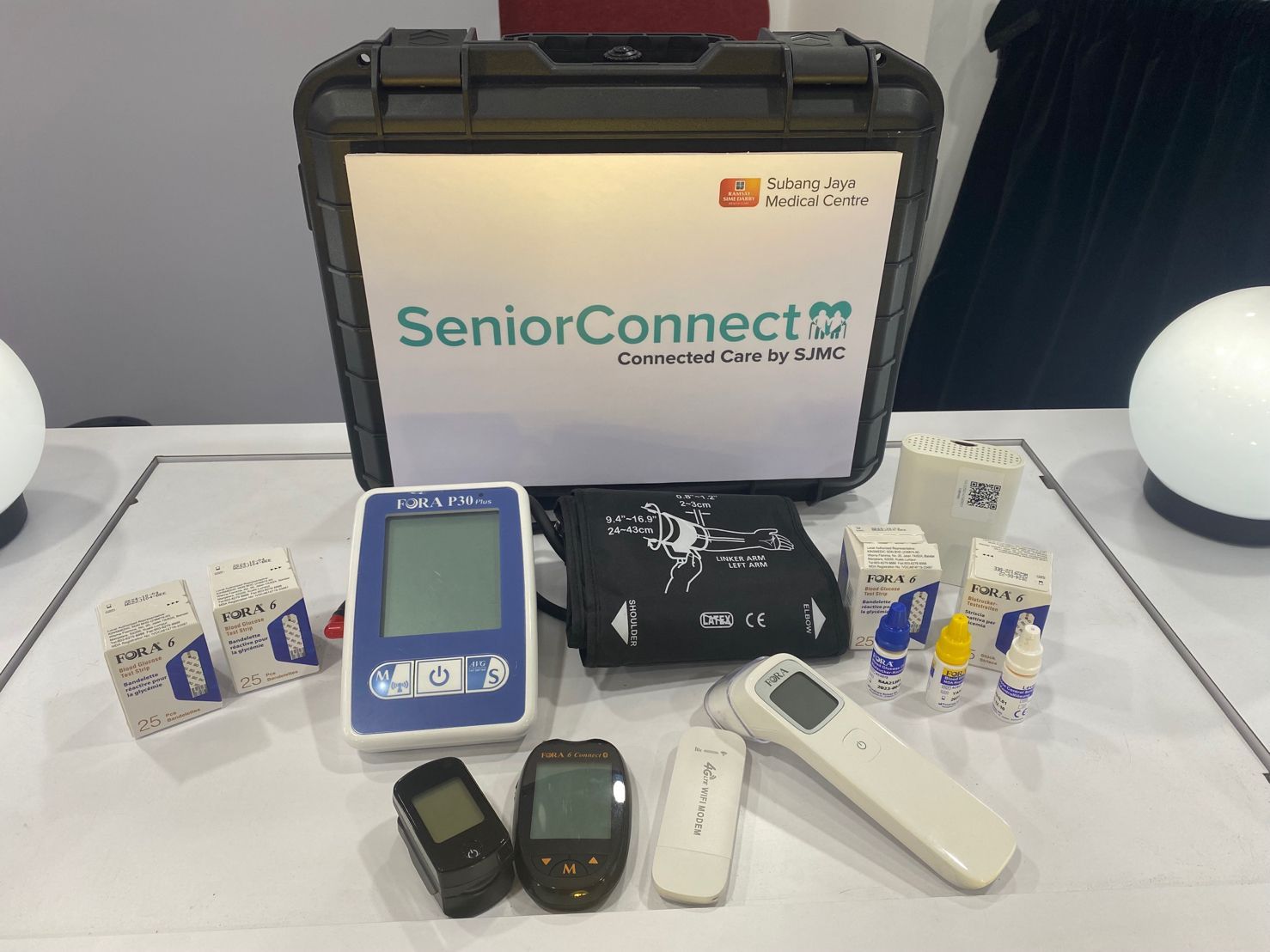Qmed Asia co-founder Dr Kev Lim shares his approach to business and how AI can transform the healthcare industry
From managing long queues at the hospital to providing artificial intelligence (AI) solutions to assist doctors, health tech startup Qmed Asia has come a long way since its inception in 2018. The company was started by three long-time friends, Dr Kev Lim, Dr Tai Tzyy Jiun and Nic Tai, who sought to increase efficiency for public and private healthcare providers by digitally transforming their processes.
Qmed Asia now serves over 4,000 healthcare providers, with over 3 million active patients.
Read more: AI has made it so that we cannot trust our own eyes. Here’s how we can fight misinformation
During the Covid-19 pandemic, the company pivoted to operate vaccination centres and assisted other healthcare groups in running their centres. This helped increase Qmed Asia’s exposure to hospitals and clinics and, the awareness of its solutions.
Qmed Asia’s advantage lies in the increasing familiarity of healthcare groups with its B2B solutions, says Lim. It provides digital solutions including self-registration kiosks, a mobile queue system, and remote patient monitoring as well as leverages AI to help doctors diagnose patients.
In his own words, Lim shares the challenges of doing business, co-founder dynamics and the similarities between being a doctor and a founder.


As a doctor, you must possess such qualities as grit, determination and resilience. These same traits are beneficial to a startup founder. [In the case of my business specifically,] I have a unique perspective, having been a doctor before transitioning to entrepreneurship.
Unless your initial solutions immediately attract attention and are market-ready, you will likely go through multiple rounds of iteration of your startup. It takes patience and humility to learn from mistakes and understand market needs. This learning process encourages innovation and consistent effort to advance in the market.
We focused on integrating AI into healthcare last year. We started developing early and embraced an agile approach, actively listening to feedback from the doctors using our solutions. We quickly launched a minimum viable product and refined it according to user feedback. This approach was based on the understanding that waiting for a product to be fully ready could result in a mismatch between the solution and market needs, and wasting time and resources.
We developed three AI offerings to assist clinicians by providing data-driven insights. This includes Qmed Copilot, an AI chatbot to assist doctors; Qmed AI Vision, an AI tool that provides rapid and precise insights on medical images like X-rays; and Qmed LabLens, which simplifies data entry of lab reports for hospital systems. Tools such as Qmed Copilot give doctors access to a medically focused chatbot that can help find research information, generate detailed summaries and create referral letters. This reduces a doctor’s administrative load so they can focus more on patient care.
Read more: When gig goes big: How AI can transform freelance into fortune

